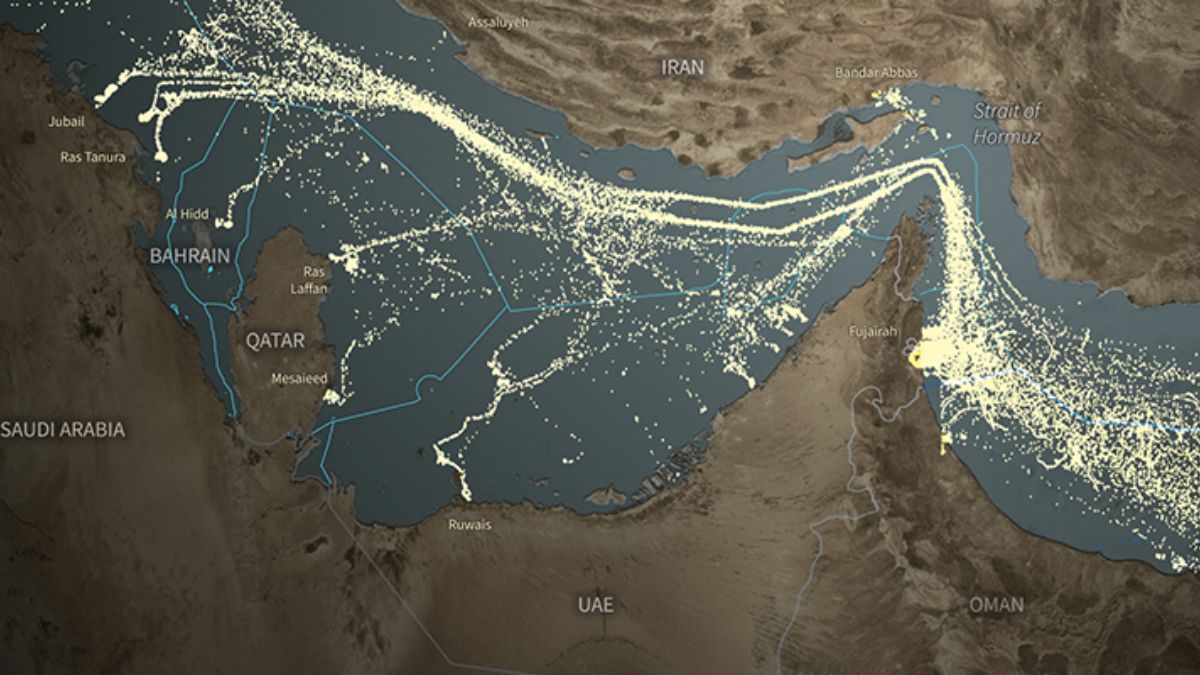Iran announced on Sunday that it may close the Strait of Hormuz , one of the world’s most vital oil shipping lanes, in response to the recent US airstrikes on its nuclear facilities.
The narrow waterway, wedged between Iran and Oman, is considered a major choke point when it comes to oil and gas.
Experts warn that shutting it down could have serious consequences for both the United States and the global economy.
US Secretary of State Marco Rubio, speaking in multiple interviews, described the potential closure of the Strait of Hormuz as ’economic suicide’ for the Iranian regime.
He also urged China — Iran’s top oil buyer — to use its influence to dissuade Tehran from taking such a drastic step.
The decision ultimately rests with Iran’s Supreme National Security Council, which is yet to issue a final verdict, and Ayatollah Ali Khamenei.
But why does this narrow stretch of water carry so much weight in global affairs?
And what makes the threat of its closure such a powerful bargaining chip?
Here’s a closer look.


)

)
)
)
)
)
)
)
)



